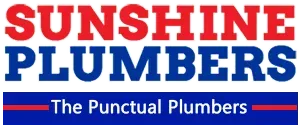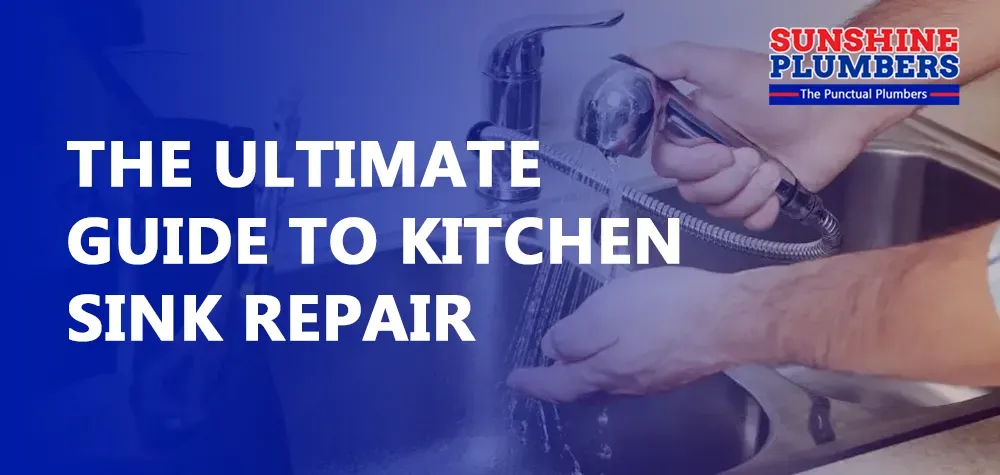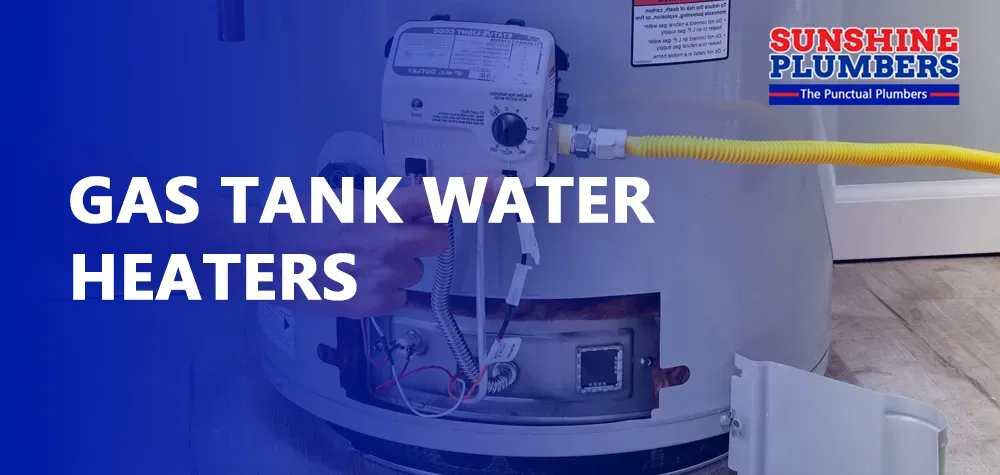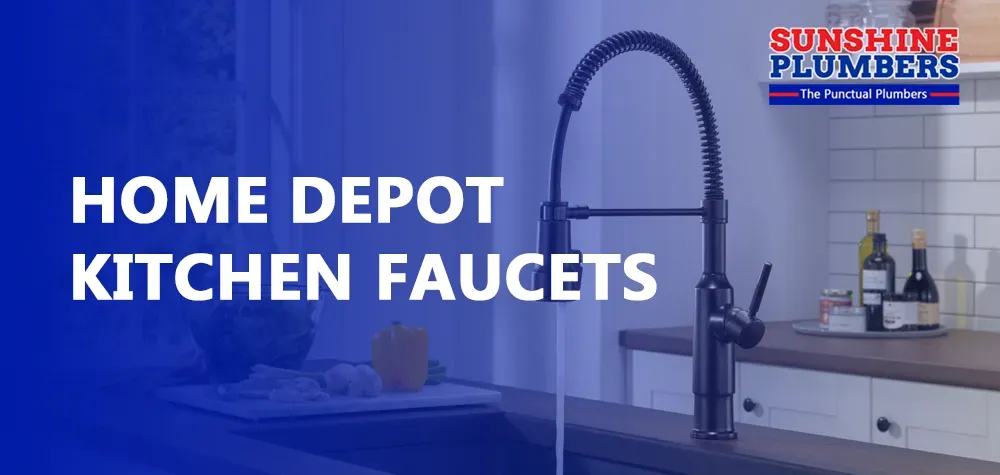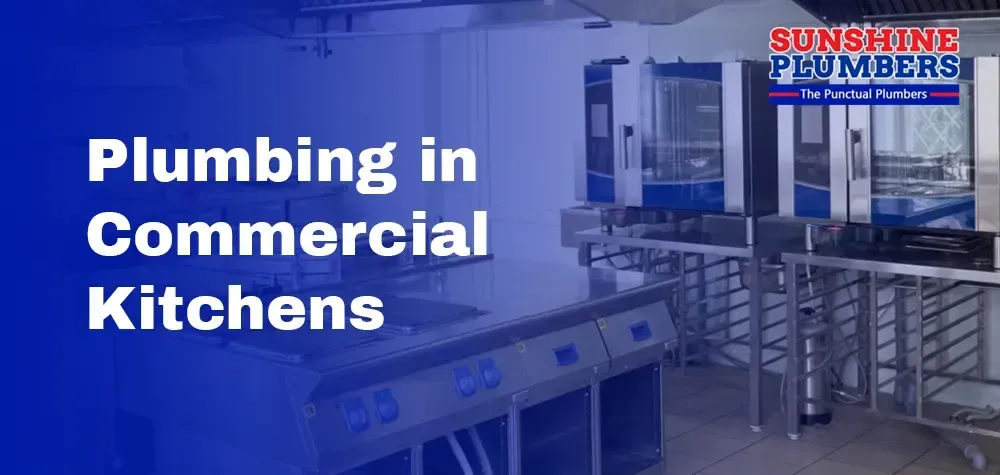Plumbing in Commercial Kitchens: Compliance and Best Practices
Commercial kitchens are the beating hearts of restaurants, catering services, and food establishments worldwide. These bustling spaces are where culinary magic happens, but they also come with a unique set of challenges, one of which is plumbing. Proper plumbing in commercials to guarantee food safety, hygiene, and legal compliance, in kitchens is crucial. This article will discuss the nuances of commercial kitchen plumbing, the significance of compliance, and best practices for preserving a seamless and clean cooking environment.
- Regulatory Compliance
Understanding the regulatory environment that affects commercial kitchen plumbing is essential before diving into best practices. The public's health and upholding high standards of hygiene are at stake when these requirements are followed, therefore compliance goes beyond simple legality. The primary regulatory bodies involved in this domain include:
a. Local Health Departments:
These entities establish and enforce health codes specific to their jurisdictions. Following stringent regulations for drainage, wastewater disposal, and water quality is a common aspect of compliance.
b. Food and Drug Administration (FDA):
The FDA offers recommendations for handling food and beverages safely. It also sets standards for the materials used in food contact surfaces, which indirectly affect plumbing.
c. Plumbing Codes:
The International Plumbing Code (IPC) or Uniform Plumbing Code (UPC), for example, must be followed in commercial kitchens. To maintain hygienic conditions and safety, these codes regulate plumbing system setup and upkeep.
2. Water Supply
A reliable and safe water supply is the backbone of any commercial kitchen. Here are some best practices to ensure a consistent and clean water supply:
a. Backflow Prevention:
Install backflow prevention devices to prevent contaminated water from flowing back into the public water supply. These devices are essential to maintain water quality and prevent cross-contamination.
b. Hot Water Supply:
Commercial kitchens require a steady supply of hot water for cooking, dishwashing, and handwashing. Invest in high-capacity water heaters to meet these demands efficiently.
c. Regular Testing:
Regularly test the water quality in your commercial kitchen to ensure it meets the required standards. This includes monitoring for contaminants, pH levels, and temperature.
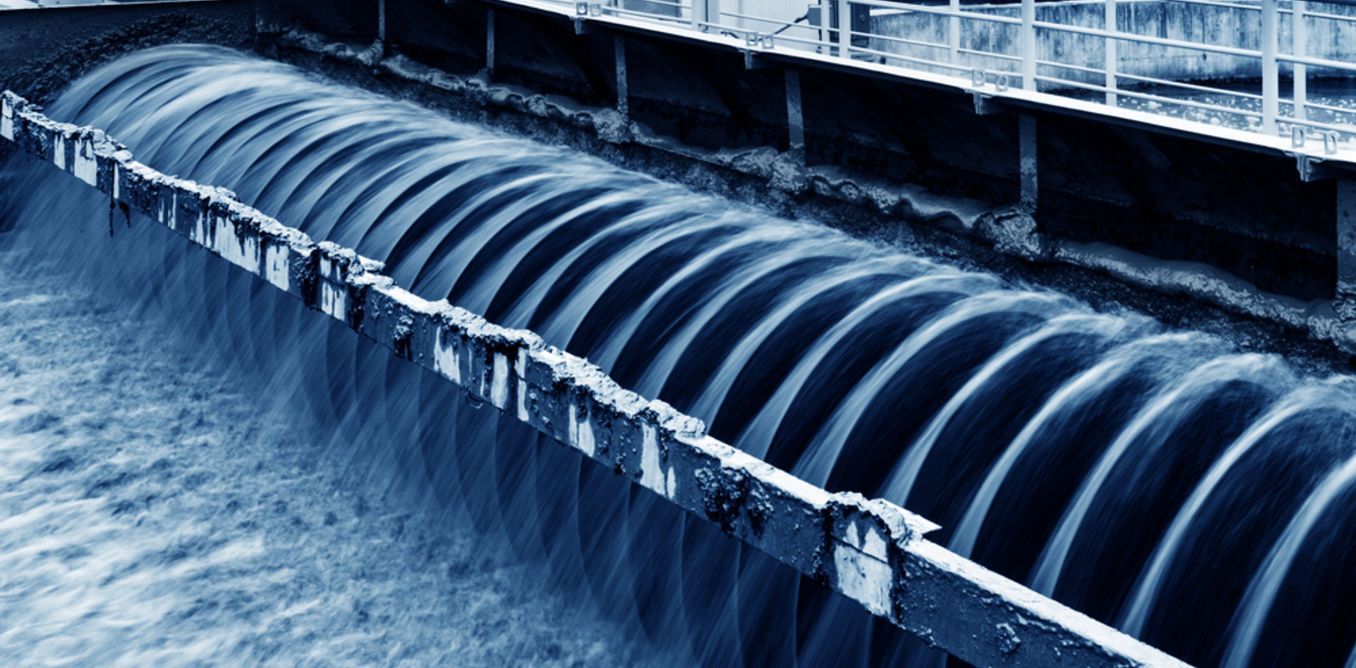
3. Drainage and Waste Management
Effective drainage and waste management are critical in commercial kitchens to prevent blockages, foul odors, and hygiene issues. Here are some best practices:
a. Grease Traps:
Install grease traps to capture fats, oils, and grease (FOG) from kitchen wastewater. Regular cleaning and maintenance of these traps are essential to prevent clogs and sewer backups.
b. Floor Drains:
Ensure that floor drains are properly positioned and sloped to facilitate efficient drainage. Regularly clean and inspect these drains to prevent blockages.
c. Food Waste Disposers:
If your kitchen uses food waste disposers, ensure they are properly maintained and operated. Educate kitchen staff on what can and cannot be disposed of through these units.
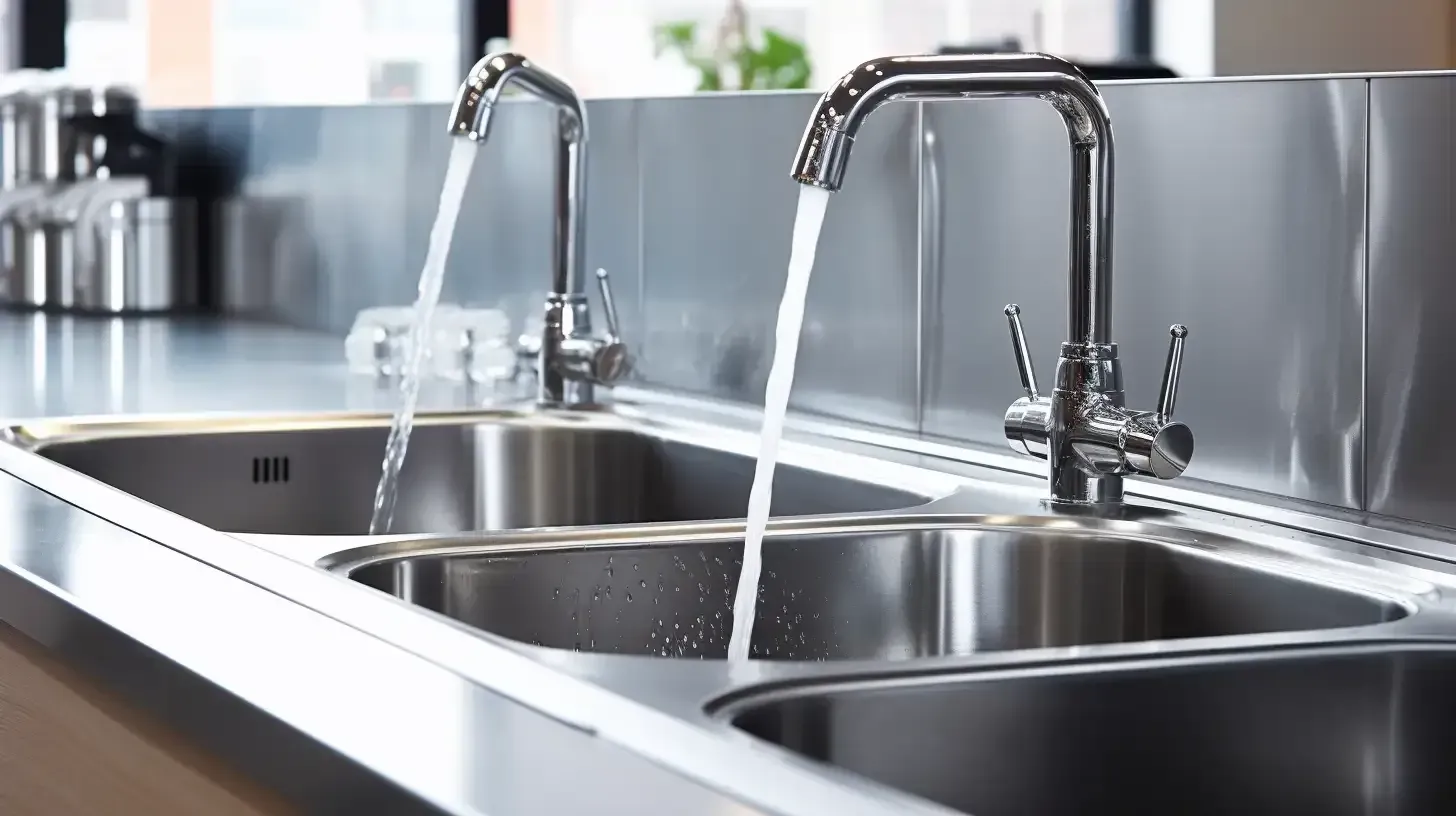
4. Sink and Dishwashing Stations
Sinks and dishwashing stations are high-traffic areas in commercial kitchens. Maintaining them properly is essential for food safety and operational efficiency:
a. Triple Sink Setup:
Utilize a triple sink setup for dishwashing, including compartments for washing, rinsing, and sanitizing. Ensure the water temperature and chemical concentrations meet regulatory requirements.
b. Handwashing Stations:
Install designated handwashing stations with hot and cold running water, soap, and paper towels. Strictly enforce handwashing protocols among kitchen staff.
c. Regular Maintenance:
Inspect sinks, faucets, and dishwashing equipment regularly for leaks, wear, and tear. Promptly repair or replace any faulty components.
5. Equipment and Fixtures
Commercial kitchens are equipped with various appliances and fixtures that rely on plumbing connections. Proper installation and maintenance are crucial:
a. Professional Installation:
When installing new kitchen equipment, rely on professional plumbers who understand the specific requirements of commercial kitchens.
b. Preventive Maintenance:
Develop a preventive maintenance schedule for kitchen appliances like dishwashers, ice machines, and steamers. Regularly clean and sanitize these devices to prevent contamination.
c. Water-Efficient Fixtures:
Consider installing water-efficient fixtures like low-flow faucets and pre-rinse spray valves. These can help conserve water and reduce operational costs.
6. Education and Training
A well-trained kitchen staff is a vital component of plumbing compliance and best practices:
a. Training Programs:
Implement comprehensive training programs for kitchen staff on plumbing-related matters. This includes proper use of sinks, dishwashing stations, and waste disposal systems.
b. Reporting Mechanisms:
Establish clear reporting mechanisms for staff to report plumbing issues promptly. Encourage open communication to address problems swiftly.
c. Hygiene Protocols:
Emphasize the importance of hygiene protocols, including handwashing, among all kitchen staff. Regular training and reminders can help maintain a clean and safe environment.
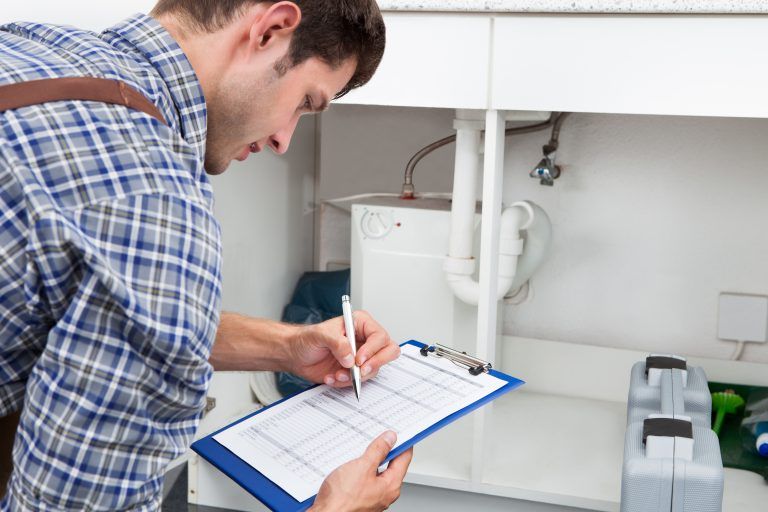
Plumbing's Crucial Role
Plumbing in commercial kitchens is not only a back-of-the-house issue; it has a direct impact on how safely food is made and served. A clean, effective, and hygienic cooking environment depends heavily on adherence to laws and best practices. Food businesses may uphold the greatest standards of safety and cleanliness while providing their consumers with mouthwatering meals by giving priority to water supply, drainage, equipment maintenance, and staff education. Remember, in the world of commercial kitchens, a well-maintained plumbing system is the unsung hero that keeps the culinary show running smoothly.
Compliance-Driven Solution
Looking for a plumbing solution tailored to the unique demands of your commercial kitchen? Look no further than Sunshine Plumbers! Our team of expert plumbers specializes in delivering compliance-driven plumbing solutions for commercial kitchens. We understand the critical role plumbing plays in maintaining a hygienic and efficient kitchen environment. From backflow prevention to grease trap maintenance and water-efficient fixture installations, Sunshine Plumbers has you covered. Choose us for top-notch service that ensures your kitchen stays compliant with regulations while running smoothly.
Sunshine Plumbers for Peace of Mind
At Sunshine Plumbers, we know that the heart of your restaurant or food establishment lies in its commercial kitchen. That's why we offer more than just plumbing services; we provide peace of mind. With our years of experience and a commitment to excellence, we're your trusted partner in keeping your kitchen plumbing compliant and functioning flawlessly. Don't let plumbing issues disrupt your operations or compromise your hygiene standards. Contact Sunshine Plumbers today, and let us handle the plumbing so you can focus on what you do best – serving delicious meals to your customers.
